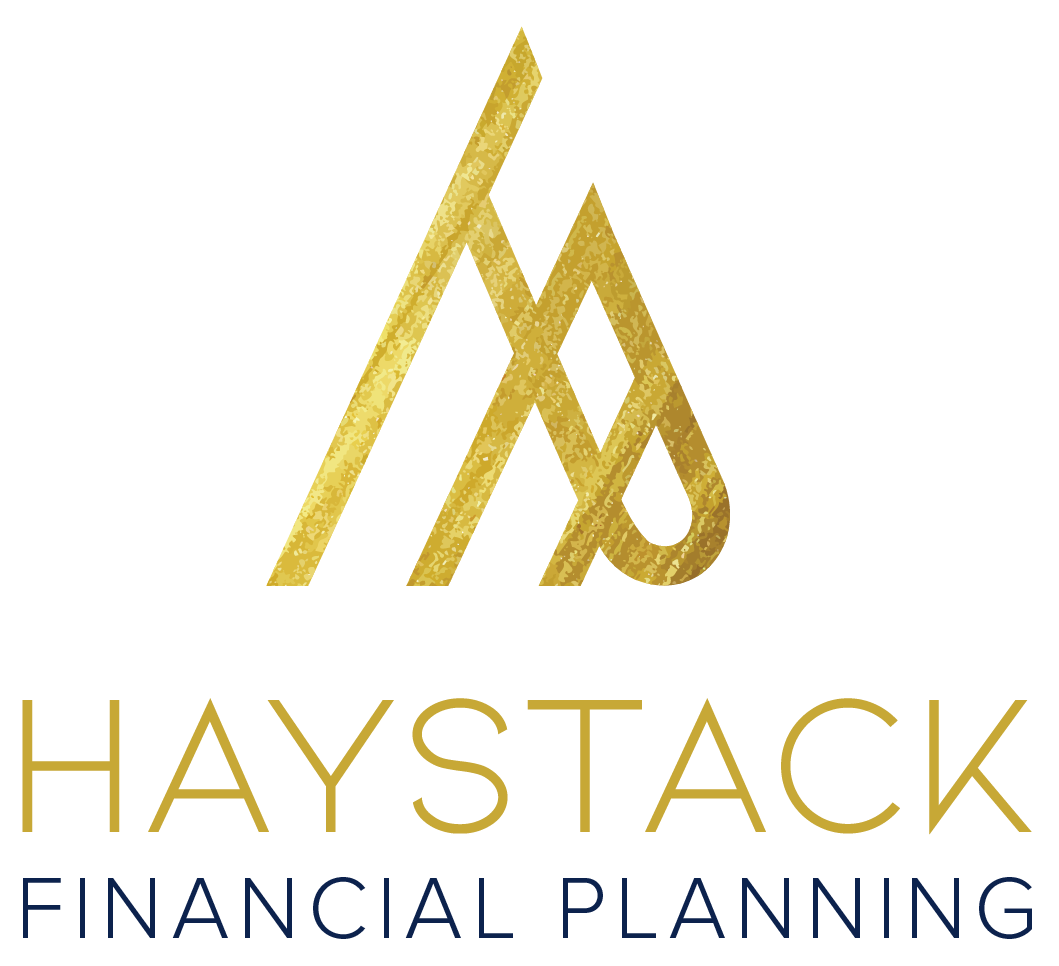Frequently Asked Questions
Why focus on the disabled community?
Financial planning is not all about the numbers. A large part of it is emotional and unquantifiable. If I can help alleviate any stress or concerns around money, that’s more time and energy you have to spend on other aspects of your life that need your attention.
In my experience, I’ve worked with a number of individuals and families within the community and quickly realized it’s vastly underserved. Disabilities require an additional level of expertise for financial planning. Incorporating items like Social Security Income, Medicaid spend down, or specialized care can have a significant impact to your plan. My goal is to give these items the proper attention they deserve so they cannot harm your financial future.
Why did you name your firm Haystack Financial Planning?
Haystack is based on my last name, Ricks. The name is of Dutch origin and directly translates to the noun “hooiberg” which means “a stack of hay, corn, straw, or similar material, especially one formerly built into a regular shape and thatched.” There is an alternate translation for the verb “ophopen” that means “accumulate, heap, congest, stack, amass, cumulate.” I thought using haystack would be a nice play on the alternate translation especially since it is extremely relevant to financial planning.
What is financial planning, and why do I need it?
Our lives are full of decisions that can dramatically alter our finances. Do I buy or rent? Should I take that new job? Can I afford that car? How do I afford care for a loved one? There is no one answer on what choices to make, when to make them, and which are the right ones for you.
You could read an infinite supply of articles and books, regularly watch the talking heads on financial TV, talk to that family member or friend who’s always mentioning “the markets”, go down an internet video rabbit hole, or make it up as you go. That sounds like a lot of time and effort, right? Even after all that, how will you know you’ve been successful?
That’s where financial planning comes in. Financial planning is the process of identifying your personal goals and forming a plan on how to achieve them. Your entire financial life (money in, money out, investments, insurance, taxes, and benefits) is included in order to get a true picture of what’s currently going on and ensure everything is working towards your goals. Financial planning is not something you do once and then forget about it. You should be reviewing your plan on a regular basis, at least annually, and making adjustments as your life changes.
Now imagine having someone who can guide you through the process. Someone trained, educated, and experienced in these topics who can answer your questions and work with you to construct a customized plan of actionable steps for you. Someone who puts your best interests first.
As a CFP® professional, I will be there for you every step of the way. Partnering together to provide you with high-quality advice on all aspects of your finances so you’re free to focus your time and energy where it matters, on you and your family.
What is the CFP® designation and why does it matter?
CFP stands for certified financial planner and is a professional designation overseen by the CFP Board. In order to use the CFP® designation, one must complete the four steps of the certification process:
1. Education - I had to complete the CFP Board approved coursework and show proof that I held a bachelor's degree in any discipline from an accredited college or university.
2. Exam - I had to pass a comprehensive exam that tested my ability to apply financial planning knowledge to real-life situations and ensure that I am highly qualified to help you plan for your financial future.
3. Experience - I needed to complete 6,000 hours of professional experience related to the financial planning process before I could use the CFP® designation.
4. Ethics - As a CFP® professional, I am bound to act as a fiduciary and always put your interests first. If I breach this ethical duty, I can be subject to sanctions from the CFP Board and even risk losing my certification.
